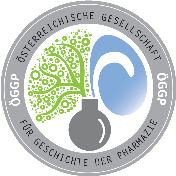47th International Congress for the History of Pharmacy
Celebrating a hundred years of living History of Pharmacy in the City where it all began. - Innsbruck, September 2nd - 5th 2026
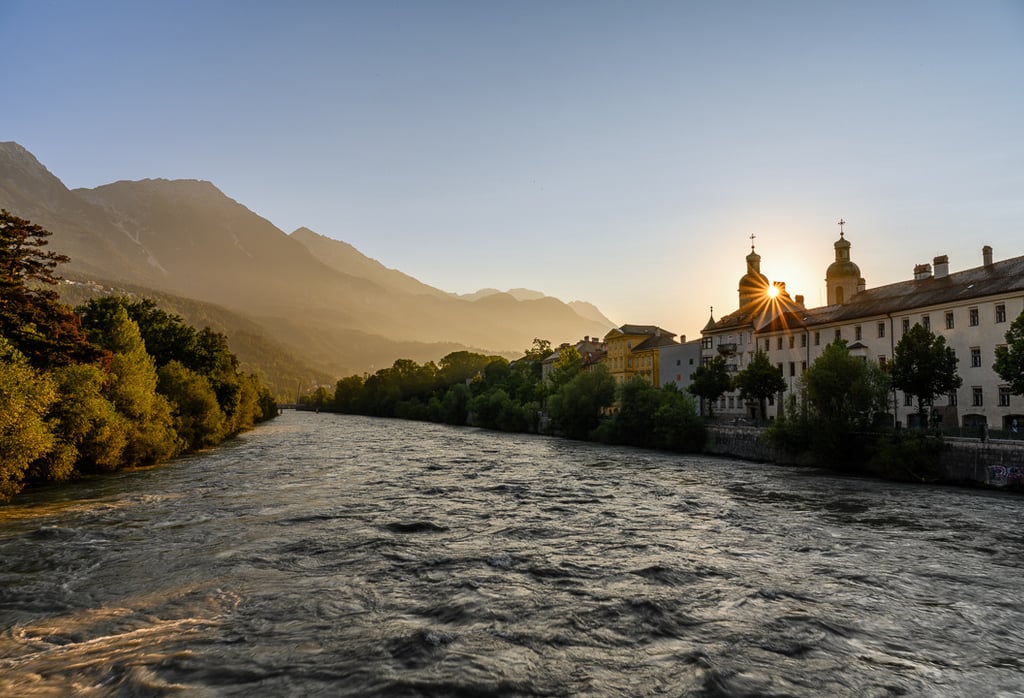

Invitation to the Congress 2026!
September 2nd –5th , 2026 | Innsbruck, Austria
With profound joy and in a spirit of festive tribute, we cordially invite you to a truly historic event: the 47th International Congress for the History of Pharmacy as an ecologically sustainable "Green Event".
The ISHP, in collaboration with the Austrian Society for the History of Pharmacy and the Department of Pharmacy at the University of Innsbruck, proudly presents this jubilee congress. Join us from September 2 to 5, 2026, in picturesque Innsbruck, Austria, as we celebrate 100 years since ISHP’s founding in 1926. This congress is a glorious homage to the founding of the ISHP in 1926, honoring the legacy of its founding fathers, especially Ludwig Winkler (1926), and his great-grandson Dr. Andreas Winkler, initiator of this centennial event.
The main theme, "DRUGS AND MEDICINE OF THE MOUNTAINS," will be explored through keynote lectures, discussions, and presentations. Contributions on related historical, cultural, and scientific aspects are highly encouraged.
This unique opportunity allows us to reflect on a century of scholarship, engage in international exchange, and actively shape the future of pharmaceutical history. The Congress will also host the ceremonial meeting of the International Academy for the History of Pharmacy.
We eagerly await your participation in this significant jubilee!
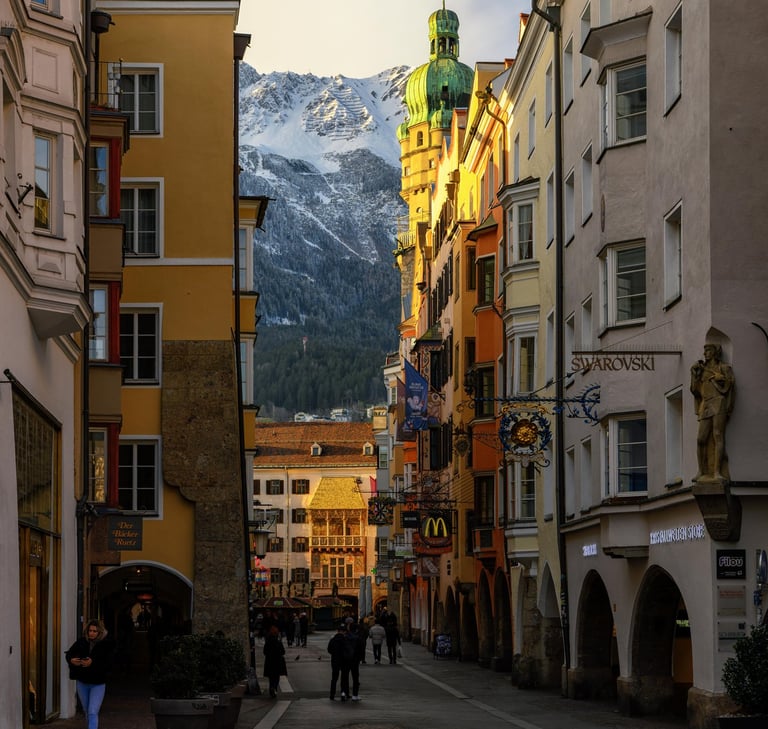

A Centennial Celebration in the Heart of the Alps
Let's explore together Drugs and Medicine of the Mountains!
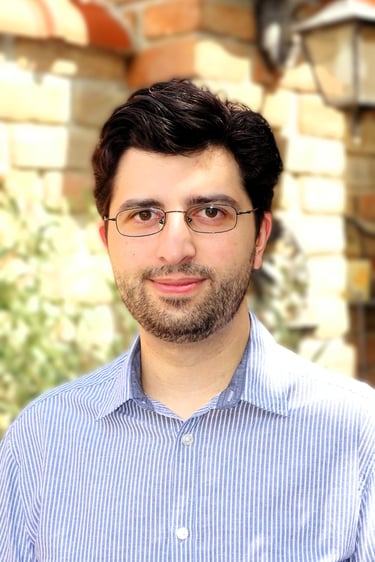

Mag. pharm. Dr. med. univ.
Heinrich Justin Evanzin
Executive President of the Austrian Society for the History of Pharmacy - ÖGGP
Congress President, 47th Congress 2026

Call for Abstracts | Accomodation
Registration, Ticket Booking, and Hotel Reservation for the 47th International Congress for the History of Pharmacy
Call for Abstracts and Posters
Submit your abstracts for talks and posters easily via our online form. You'll find all the information you need here.


Unlock Innsbruck’s Treasures
Your Congress Hotel-Booking includes the Exclusive Welcome Card!
ATTENTION:
Only available when booking via our official hotel portal!
Book exclusively via our official link to access specially reserved accommodations:
➤ www.ishp2026-innsbruck.at/hotel-booking
We have secured a priority room contingent at select hotels near the congress venue—offering discounted rates and guaranteed availability for all registered participants. Don’t miss this chance to stay steps away from scholarly inspiration and alpine grandeur!
Secure Your Stay in the Heart of Innsbruck!
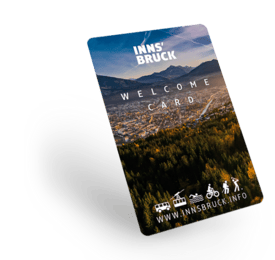

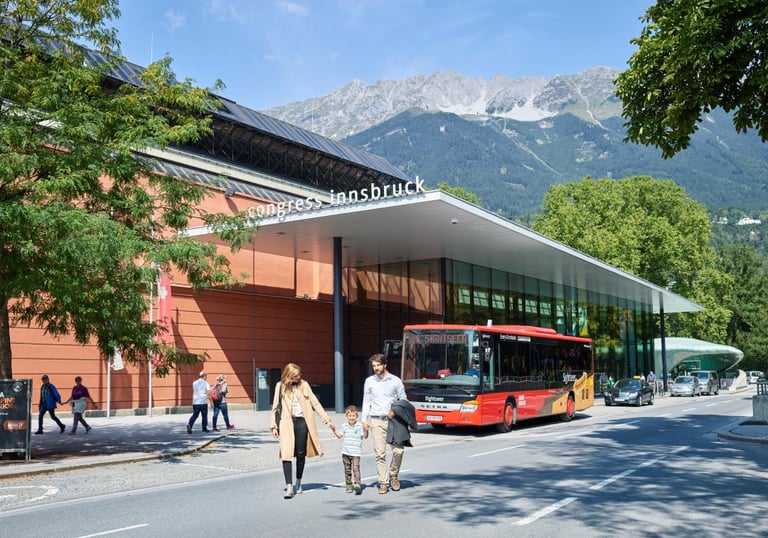

Congress Venue
The modern SoWi Campus, located in the heart of Innsbruck, provides an ideal setting for the ISHP Congress 2026. Opened in 1999, this architectural gem features spacious, light-filled foyers - perfect for registration and networking. The venue is fully accessible and designed to facilitate seamless interaction among participants.
With excellent public transport connections (covered by your Welcome Card) and an on-site underground parking garage, the SoWi Campus combines convenience with functionality. Its central location puts you within easy reach of Innsbruck's historic sights and vibrant city life, while the contemporary facilities create an inspiring atmosphere for academic exchange. This is where groundbreaking ideas in pharmaceutical history will meet - in a venue as dynamic as the discussions it will host.
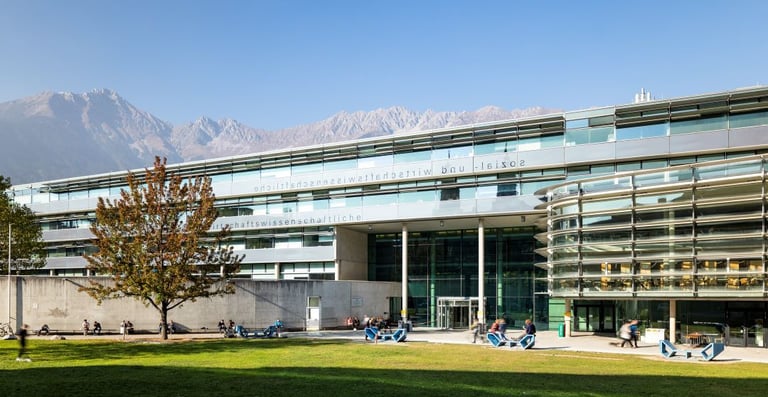

The SoWi Campus – Where Modernity Meets Convenience
Congress Topic
The Austrian Society for the History of Pharmacy invites scholars from around the world to contribute to the 47th International Congress for the History of Pharmacy, to be held from 2–5 September 2026 in Innsbruck, Austria. This centenary congress marks 100 years of the International Society for the History of Pharmacy and will be dedicated to the overarching theme:
“Drugs and Medicine of the Mountains.”
Mountains have always been places of healing, mystery, and discovery. From alpine meadows rich in medicinal plants to the depths of mineral springs and mines, the history of pharmacy in mountainous regions is interwoven with botany, mineralogy, veterinary practice, and the legacy of pioneers such as Paracelsus.
We welcome abstracts from all historical periods and methodological approaches, embracing interdisciplinary perspectives. Submissions may address our core thematic tracks or present related topics of interest.


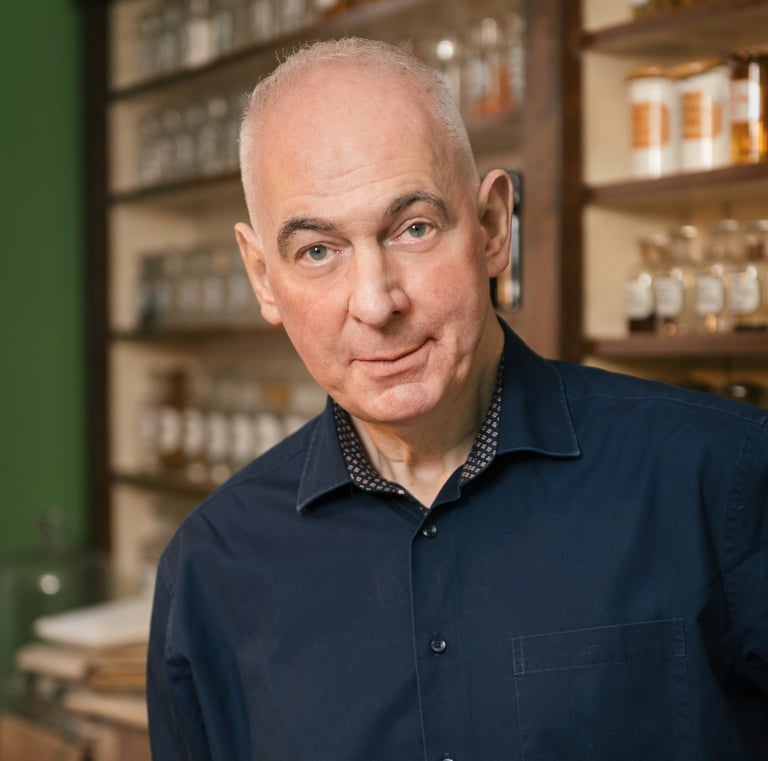

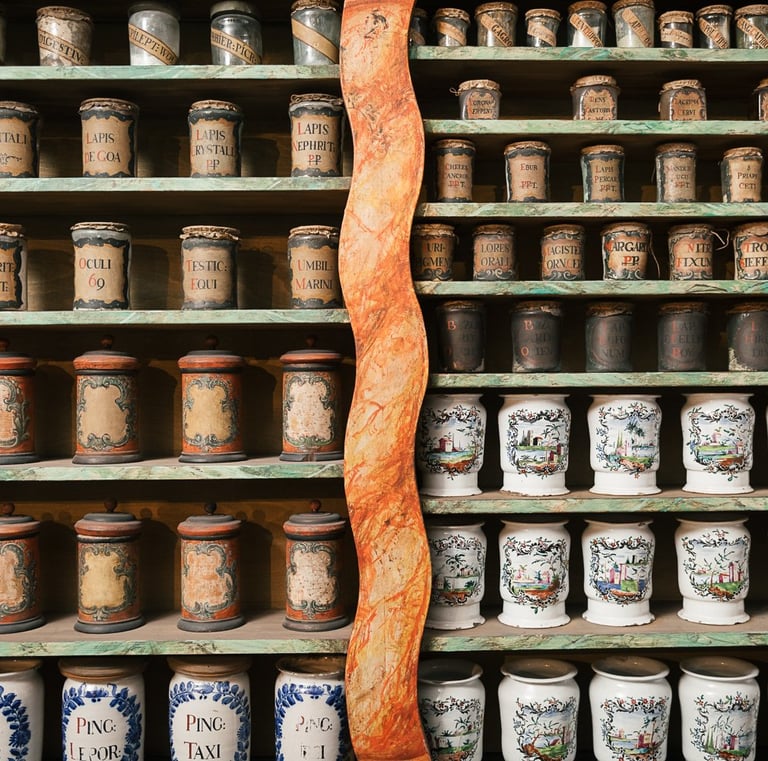



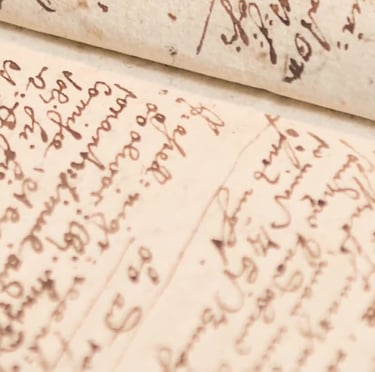

Thematic Focus Areas
The Congress will be structured around the following thematic foci:
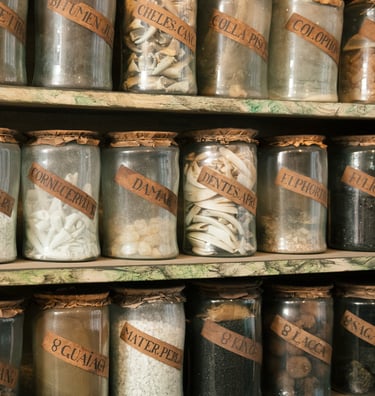

Simples & Composita from the Mountains


The mountains have long served as nature’s pharmacy, offering a rich diversity of plants, minerals, and animal products used in medicine. This theme explores the materia medica of mountainous regions, from single-herb remedies (simplices) to complex pharmaceutical preparations (composita). Topics may include traditional alpine herbalism, the historical cultivation and trade of medicinal plants, and the transformation of natural substances into medicinal forms. We also invite studies on the pharmacognostic knowledge of mountain communities and the integration of these resources into broader pharmacopeias. Contributions might address how local healing traditions evolved under the influence of monastic medicine, early modern pharmacology, or industrial extraction processes. By tracing the path from alpine meadow to apothecary jar, this theme highlights the enduring relationship between mountain environments and the healing arts.
Entangled Worlds – Parallels between different mountainous Regions
Though separated by distance, mountainous regions often share striking similarities in medicinal resources, pharmacological traditions, and cultural perceptions of health. This track invites comparative studies that connect the Alps with other highland areas—whether the Caucasus, Himalayas, Andes, or Carpathians. Possible topics include parallel developments in herbal medicine, the adaptation of remedies to high-altitude environments, and transregional knowledge exchange via trade, pilgrimage, or scholarly correspondence. Papers may also address the role of mountain symbolism in medical literature, from healing springs to “plants of the high places.” By identifying shared patterns across geographies, this theme offers a deeper understanding of how mountain landscapes shape the pharmacological imagination, foster innovation, and preserve unique medicinal knowledge over centuries.


Innovation or Rediscovery – The Fruits of Applied Pharmaceutical History
Historical knowledge is not only of academic interest—it can inspire new discoveries and practical applications. This theme invites contributions that explore how insights from pharmaceutical history have been revived, reinterpreted, or transformed for modern use. From the rediscovery of traditional alpine remedies in contemporary phytotherapy to the revival of mineral-based treatments, the past offers fertile ground for innovation. Topics may include case studies where historical sources informed pharmaceutical development, comparative analysis of ancient and modern extraction techniques, and the role of historical authenticity in product marketing. We also encourage critical reflections on the limits and challenges of applying historical knowledge to present-day practice. Here, history becomes a bridge - connecting archival research, experimental archaeology, and modern pharmaceutical science.
History of Veterinary Pharmacy and Horse-Medicine
Mountains have shaped not only human medicine but also veterinary care—particularly in regions where horses, mules, and livestock were essential for transport, agriculture, and military use. This track focuses on the history of veterinary pharmacy, with a special emphasis on equine medicine. Contributions might address traditional remedies for mountain animals, the role of farriers and veterinary surgeons, or the influence of military campaigns on veterinary pharmacology. Studies may also examine how veterinary practices were informed by human medical knowledge and vice versa. From alpine pasture plants to mineral supplements derived from mountain geology, the treatment of animals in highland environments reveals much about the intertwined destinies of people, animals, and landscapes.
History of Pharmacists in Government and Politics – Resume & Future Perspectives
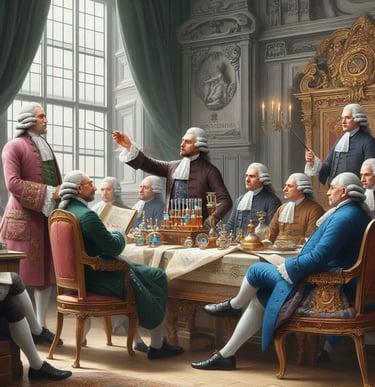

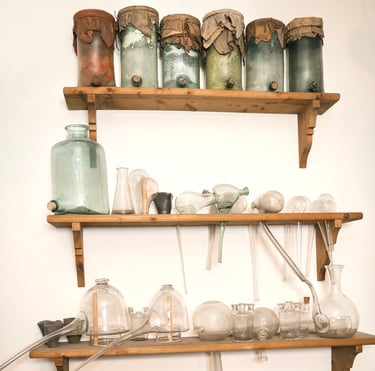

Pharmacists have long played a role beyond the dispensary—advising rulers, shaping public health policy, and participating in political life. This theme examines the historical and contemporary impact of pharmacists in governance, from municipal authorities to imperial courts. Topics might include the regulation of medicinal resources, pharmacists’ involvement in military supply, or their role in public health crises. We also invite biographical studies of politically active pharmacists, as well as analyses of professional organisations as political actors. With the centenary of the International Society for the History of Pharmacy as our backdrop, this track encourages reflection on the profession’s evolving influence and its potential future roles in policy, ethics, and health advocacy.
Distilling Knowledge – The Alchemical Roots of Pharmacy


Alchemy and pharmacy share deep roots, both springing from the ancient arts of transformation—whether of metals, minerals, or medicinal substances. This theme invites papers that explore their intertwined histories, from medieval alchemical laboratories to the refined pharmaceutical techniques of the early modern period. Topics may include the preparation of medicinal elixirs, the role of distillation in both disciplines, and the philosophical foundations linking alchemical transmutation with the search for healing. Contributions could also address the influence of key figures such as Paracelsus, who blurred the boundaries between alchemical thought and practical pharmacy. By examining the shared heritage of these “two daughters of one mother,” this track seeks to illuminate how experimental curiosity and metaphysical speculation shaped the evolution of medicinal science.



